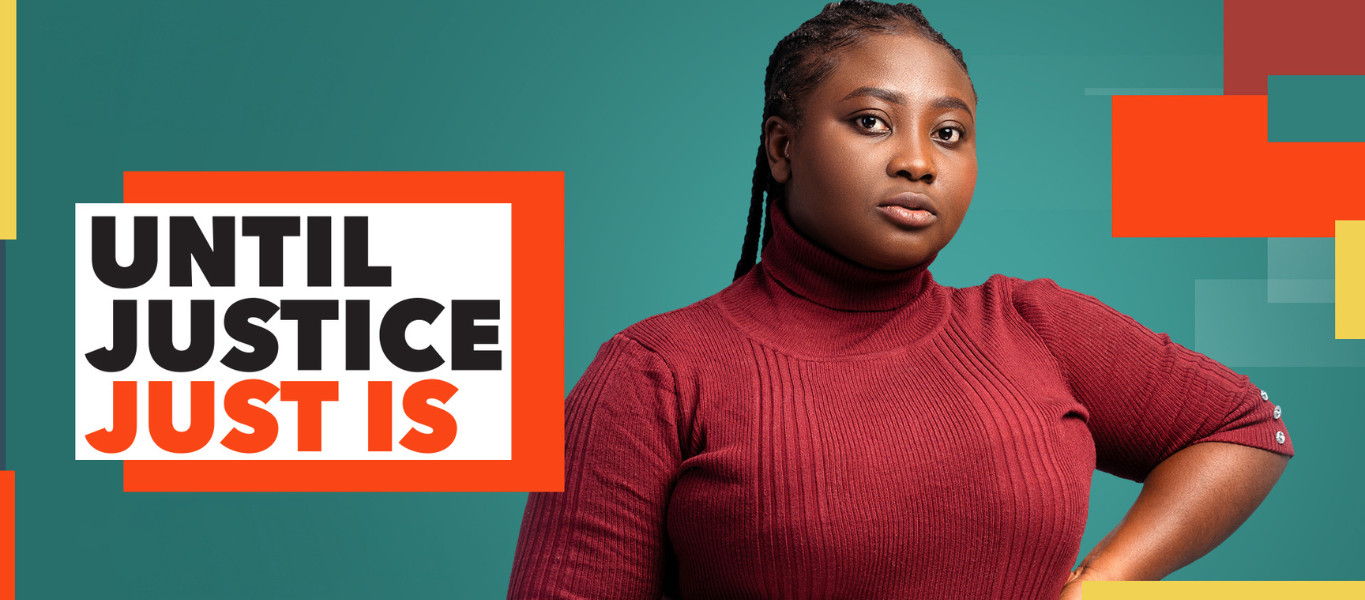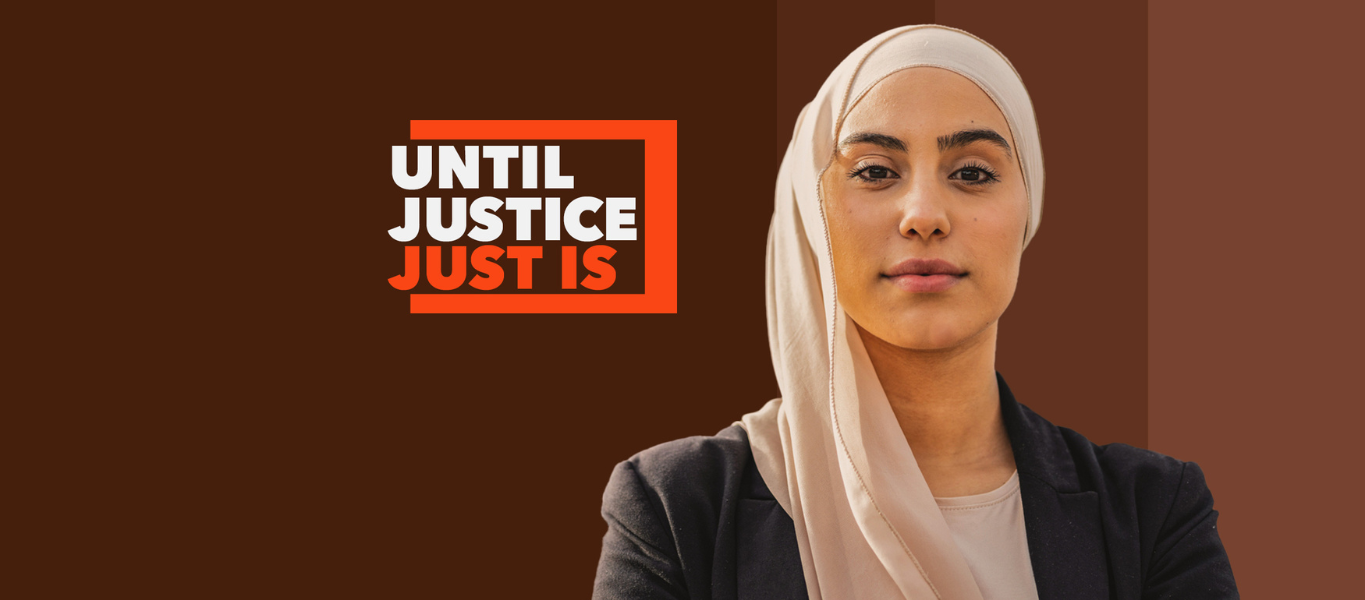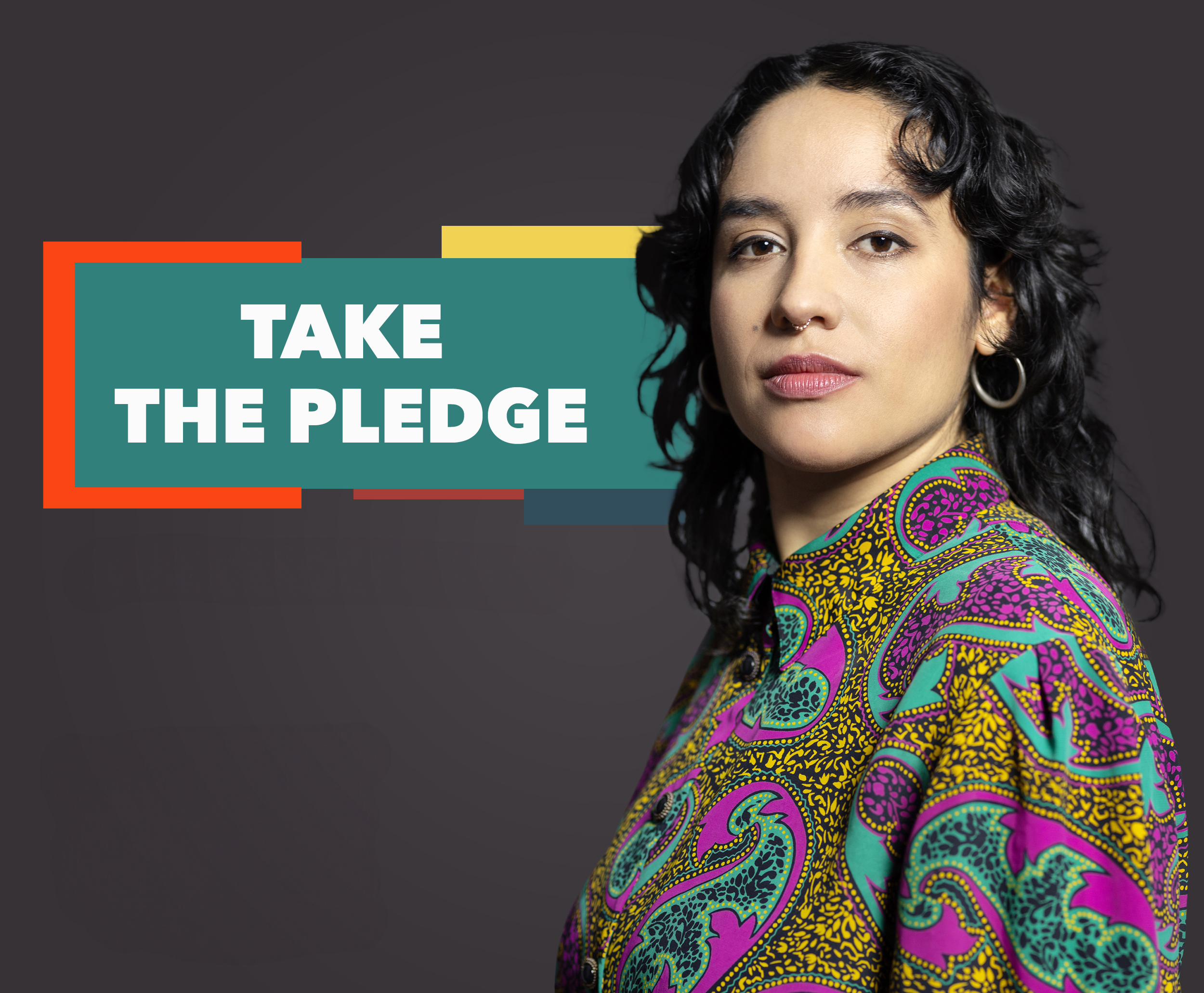
Eliminating Institutional and Structural Racism
We act every day by raising awareness about the impact of institutional and structural racism and by building community among those who work to advance racial justice. Until Justice Just Is (UJJI), an initiative of YWCA USA, centers around the theme of Equity in Action: Exposing Myths and Redefining Justice, and it will be based on the topics for the 2025 YWCA Racial Justice Challenge, which are:
• Age of Misinformation/Disinformation
• Interpersonal Racism
• The American Dream
• Racialization of Crime
This year’s theme, Equity in Action: Exposing Myths and Redefining Justice, is about challenging the false narratives that uphold systemic racism and inequality while reimagining what true justice looks like. It calls us to move beyond awareness to action — dismantling harmful myths, to uplift lived experiences, and create conditions where dignity, equity, and opportunity are a reality for all.
Until Justice Just Is will take place throughout the entire month of April, with the YWCA Racial Justice Challenge, a critical component of the campaign, running March 31 through April 28. Join us all month long as we highlight events and initiatives to inspire and engage activists, advocates, and allies and advance racial justice — together.
Age of Misinformation/Disinformation
Misinformation deeply affects racial justice by spreading false information, biased stories, and reinforcing stereotypes that shape public opinion and policy. This topic will look at how misinformation spreads through social media and other platforms, often harming communities of color the most. We’ll also explore the connection between race, technology, and media literacy, highlighting the importance of critical thinking and trusted sources to fight harmful misinformation.
Interpersonal Racism
Interpersonal racism happens in everyday interactions where racist attitudes are shown, whether intentionally or not. This topic looks at how it shows up in social settings, workplaces, schools, and public spaces. We’ll talk about how things like microaggressions, racial slurs, and other biases impact people of color personally and feed into larger inequalities. We’ll also discuss ways to recognize and challenge interpersonal racism in daily life.
The American Dream
The idea of the American Dream is often seen as something available to everyone, but racial inequalities show a different story. This topic looks at how systemic racism impacts access to the American Dream for people of color, focusing on obstacles like economic inequality, housing discrimination, and access to education. It also examines how race and socio-economic status intersect with the values behind the American Dream.
Racialization of Crime
The racialization of crime refers to how racial biases and stereotypes affect people’s perceptions of crime and shape criminal justice policies. This topic looks at how people of color, especially Black, Latinx individuals, and Muslims, are unfairly targeted and impacted by law enforcement practices and the criminal justice system. It also examines how race, media portrayals, and public attitudes towards crime intersect, showing how systemic racism and Islamophobia influence crime-related policies and outcomes.


